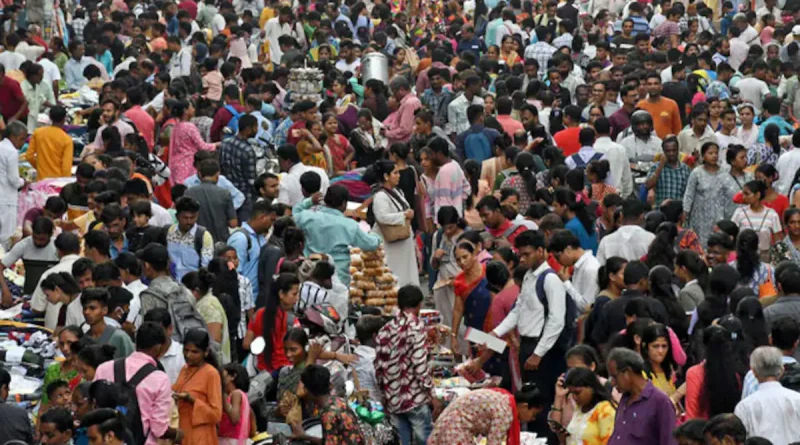Opinion: NRC, But Not CAA – What West Bengal’s Rajbongshi Community Wants
With Lok Sabha elections just weeks away, the Centre’s step to notify the Citizenship (Amendment) Act (CAA) rules is being seen by a section as an attempt by the Bharatiya Janata Party (BJP) to win votes in West Bengal. Its implementation had been a long-standing demand of the Matua community, who took refuge in the border state after fleeing religious persecution in East Pakistan (later Bangladesh).
Matuas are Namashudras and constitute over 17% of the Scheduled Castes (SC) in West Bengal. They are the second-largest SC group in the state after the Rajbongshis of north Bengal.
Both the opposition BJP as well as the state’s ruling All India Trinamool Congress (TMC) have been trying to woo the Rajbongshis in north Bengal. The community, whose population numbers over 33 lakh, inhabit the Cooch Behar, Jalpaiguri, Darjeeling, Malda, and Murshidabad districts. In the 2019 Lok Sabha polls, the BJP swept the region, thanks largely to the support of Rajbongshis.
Several organisations in this part of West Bengal have been demanding a separate state of Greater Cooch Behar, which includes seven districts of north Bengal, in addition to Kokrajhar, Bongaigaon, and Dhubri in Assam. They say that Cooch Behar’s inclusion into West Bengal was “illegal” and that the current situation goes against the treaty signed on August 28, 1949, by the Government of India and their then-king, Jagaddipendra Narayan Bhup Bahadur. Some also point out that between 1971 and 2011, the community’s share in North Bengal’s population decreased from 80% to merely 30%. They allege that the influx of people from across the border has increased, and that these “intruders are living on lands once owned by Rajbongshis”.

